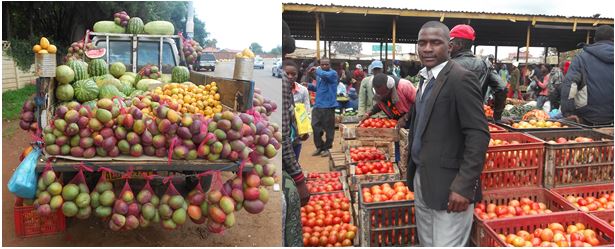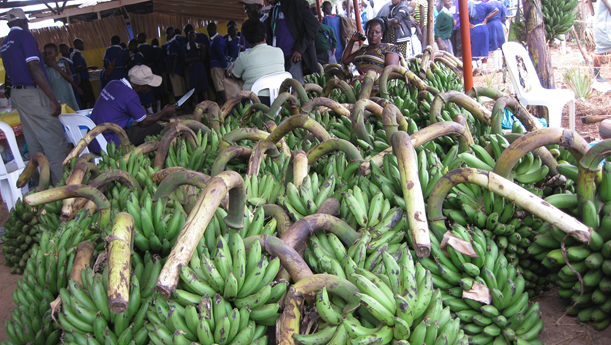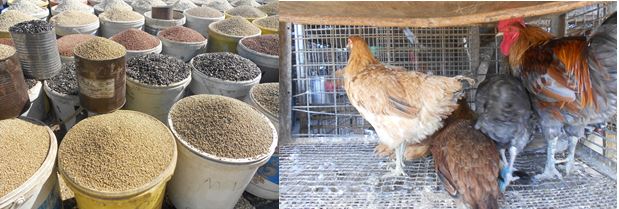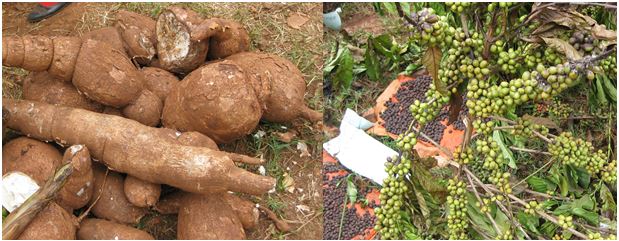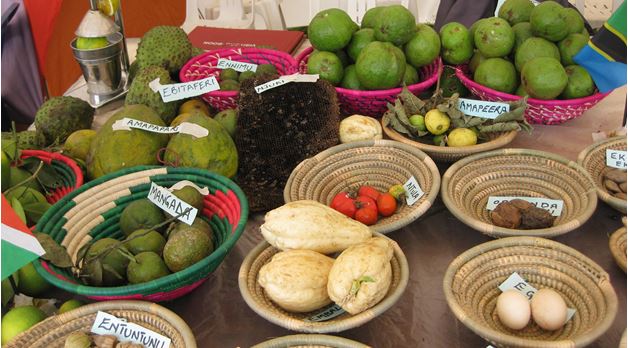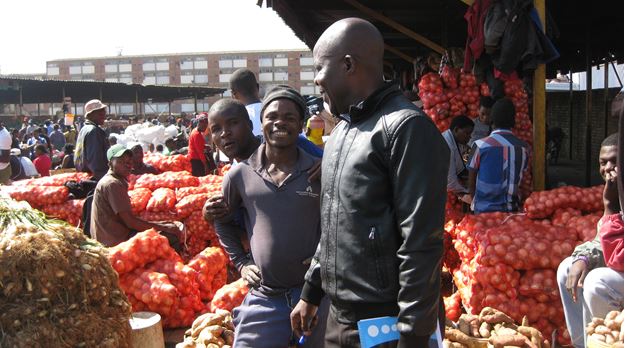People’s food markets as sources of multiple knowledges
One of the benefits of continuously observing and learning from informal African food markets is an opportunity to update knowledge and see inevitable trends before everyone sees them. In a recent interaction with informal markets in Zambia and Zimbabwe, eMKambo discovered that these markets do not just classify agricultural commodities into luxuries and necessities. There Read more about People’s food markets as sources of multiple knowledges[…]

